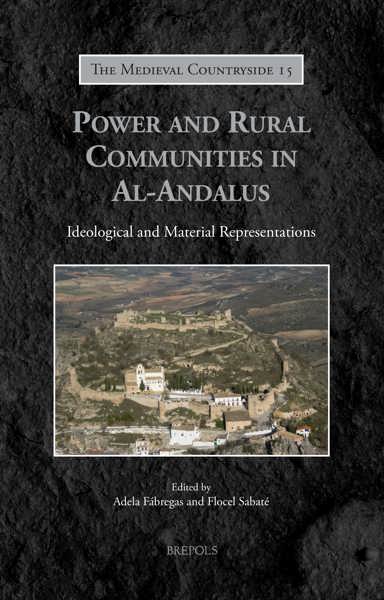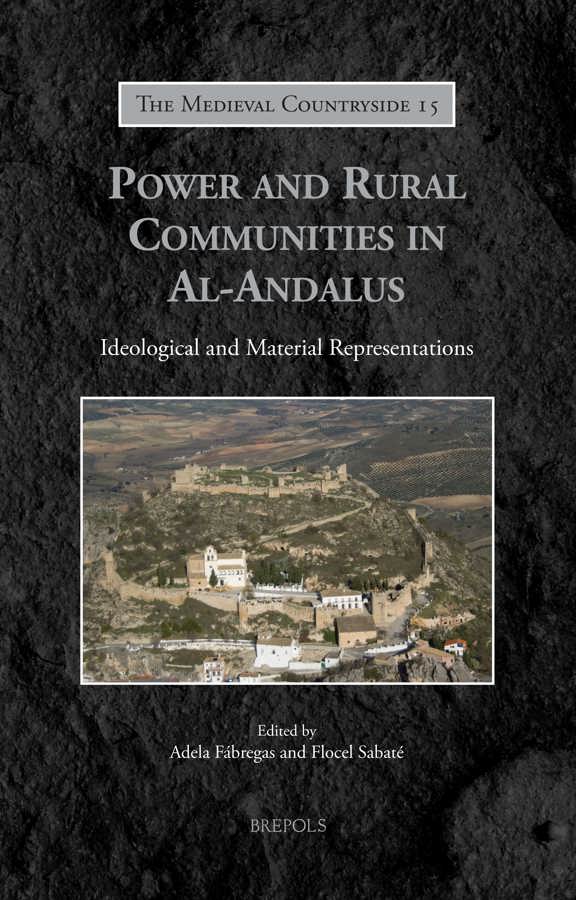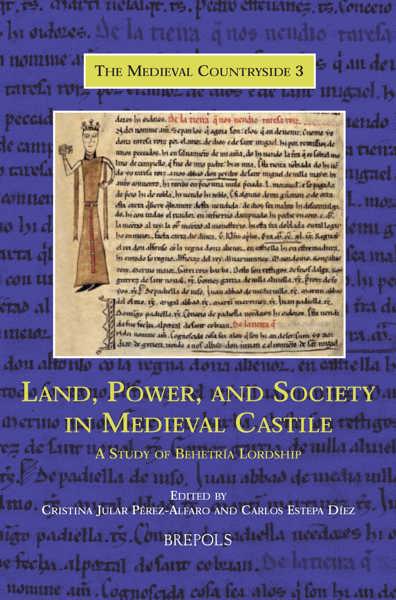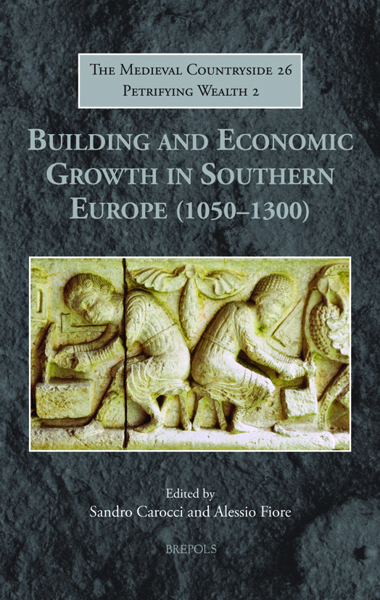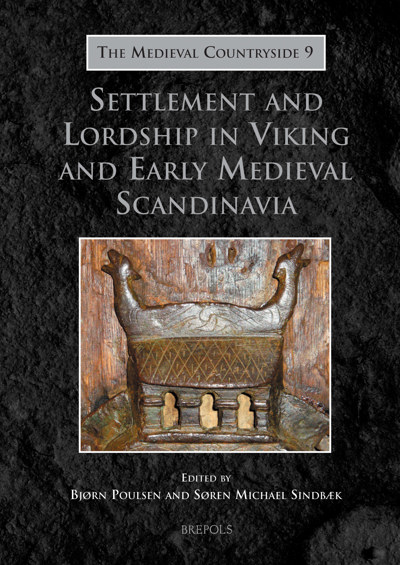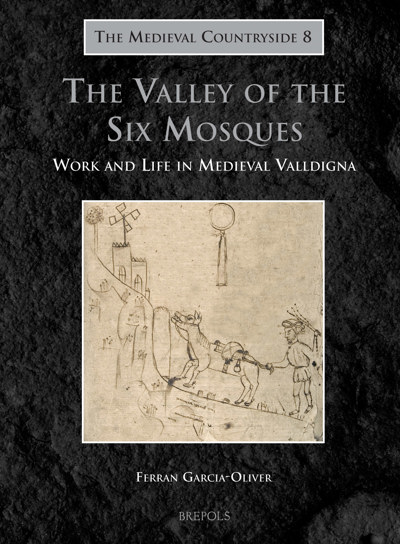
Power and Rural Communities in Al-Andalus
Ideological and Material Representations
Adela Fábregas, Flocel Sabaté (eds)
- Pages: 218 p.
- Size:156 x 234 mm
- Illustrations:45 b/w
- Language(s):English
- Publication Year:2016
- € 95,00 EXCL. VAT RETAIL PRICE
- ISBN: 978-2-503-55342-9
- Hardback
- Available
- € 95,00 EXCL. VAT RETAIL PRICE
- ISBN: 978-2-503-55424-2
- E-book
- Available
This book explores the imposition and maintenance of political power in al-Andalus and the relationship between local communities and central powers.
« La presentación y organización de esta obra, como no podía ser de otra manera en Brepols, es magnífica y nos ofrece un ejemplar fundamental para el reino nazarí y para la sociedad andalusí en general. » (Antonio Malpica Cuello, Mélanges de la Casa de Velázquez, 46-2, 2016)
« L’ouvrage, en somme, a bien atteint le but recherché, questionner la réalité du contrôle de l’État sur les campagnes et les communautés rurales ; la richesse des contributions et les voies nouvelles qu’elles proposent permettront de rouvrir le débat sur la nature de la société d’al-Andalus, tributaire ou tributario-mercantile, dans laquelle la ville n’a jamais véritablement trouvé sa place. » (Christine Mazzoli-Guintard, dans Le Moyen Âge, 1/124, 2018, p. 223-224)
This volume explores new definitions of state power in Al-Andalus throughout the Middle Ages by examining the interactions of the Andalusian state with its Islamic society, looking at specific moments in Andalusian history in a variety of local, geographical contexts. The essays collected here adopt largely archaeological methodologies, considering in turn the various spaces reclaimed by the state and its material remains, as well as the footprints of state impact on other local and territorial organizational structures. In addition, these means of analysis directly highlight those spaces that remained outside of state control, while also supporting consideration of how and why they managed to do so.
The essays use the territorial dimension of the kinship–state dichotomy as a starting point for considering its means of operation and evolution over time. Beginning with the traditional assumption that territorial configuration patterns are heavily determined by the relative weight of the different authorities operating in a given territory, the essays identify the different agents operating in Al-Andalus (mainly the state and gentry-based peasant communities) through insightful archaeological and historical considerations of medieval Andalusian society’s material remains. With special attention also paid to the Nasrid Kingdom of Granada — the Andalusian territory lasting longest under Muslim rule — this collection makes an important contribution to larger historiographical debates surrounding the medieval Islamic world.
Prologue
Agents of Local Power in the Nasrid Kingdom: Their Influence on Social Networks and Leadership — ADELA FÁBREGAS
Power and Rural Communities in the Banu Salim Area (Eighth–Eleventh Centuries): Peasant and Frontier Landscapes as Social Construction — MARISA BUENO SÁNCHEZ
Where is Power in a Marginal and Border Area? Northern Guadalajara in the Times of Al-Andalus (Eighth–Eleventh Centuries) — GUILLERMO GARCÍA-CONTRERAS RUIZ
Representations of Power in Rural Communities in Southeastern al-Andalus (Tenth–Thirteenth Centuries) — JORGE A. EIROA RODRÍGUEZ
Nasrid Frontier Fortresses and Manifestations of Power: The Alcazaba of Moclín Castle as Revealed by Recent Archaeological Research — ALBERTO GARCIA PORRAS
Settlement Change in Granada's Western Mountains: The Relationship between Power and Rural Communities in the Middle Ages — LUCA MATTEI
Rural Areas on the Fringes of Power: Rediscovering the Importance of El Quempe in the Nasrid Kingdom of Granada — SONIA VILLAR MAÑAS
State Intervention in Rural Landscapes Configuration: Granada from the Thirteenth to the Sixteenth Centuries — LUIS MARTÍNEZ VÁZQUEZ
Index of Places
Index of Names
General Index
